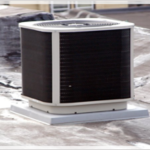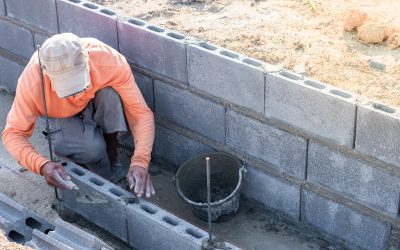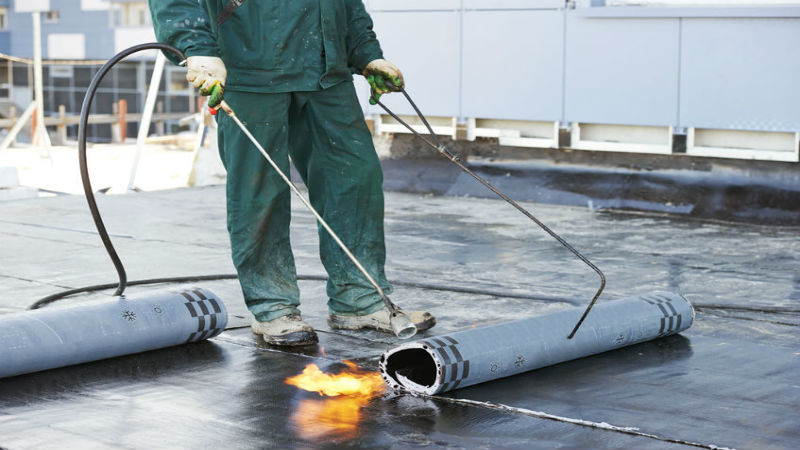Masonry, and in particular concrete masonry, is a great solution for commercial buildings. However, concrete has a tendency to absorb water, largely due to its composition, which can cause substantial damage over time. Masonry waterproofing in Wilmington, DE is by far the easiest solution for preventing structural damage to concrete, brick, and stone structures.
Aggregate Size
The size of aggregate used in concrete has a strong impact on a structure’s tendency to absorb water. Smaller aggregates decrease the workability of concrete, leading to the need for higher cement-to-water ratios and, consequently, higher rates of water permeability. Even higher-quality mixes that use larger aggregates will remain permeable, though, so any concrete building owner should be concerned about waterproofing.
Geographical Location
Another factor influencing the permeability of concrete is the geographical location in which the concrete blocks were fabricated. Geographical location has a direct impact on the types of aggregate available, which can dramatically affect their absorption rate. As a result, while the prescribed methods for waterproofing remain largely the same, the proportion of repellent being used must be tailored to the materials in the concrete.
Unit-Forming Process
When concrete blocks are formed, the components are first mixed then vibrated into molds. When the concrete compacts properly, unwanted pores are eliminated. However, if poorly compacted, these pores can leave a perfect channel for water to travel through the unit, which can lead to damage if the block is not provided with adequate waterproofing.
Cracks Formed During Curing Process
The curing process that concrete units undergo after their formation limits cracking, but it does not completely prevent shrinkage. Blocks that are installed before the suggested 21 day curing period is over are more prone to shrinkage cracking, but any load-bearing concrete block can wind up forming hairline cracks due to general wear and tear that will allow water into the units.
Mortar Joints
The concrete blocks themselves aren’t the only issue. Mortar joints can also allow water into masonry walls if they are not installed correctly and adequate Masonry waterproofing in Wilmington, DE is not provided. Click here for information about one local company that can help before water damage takes its toll.







